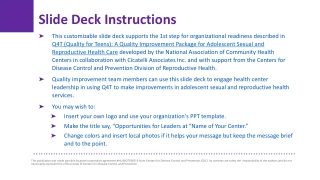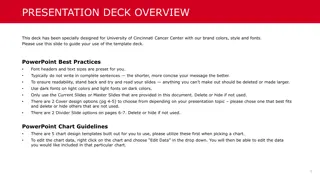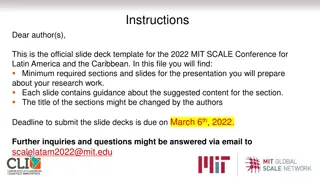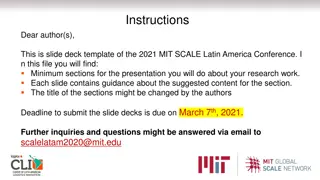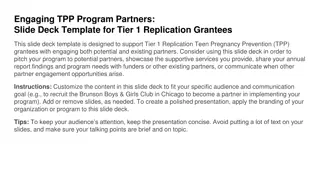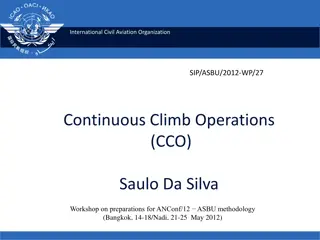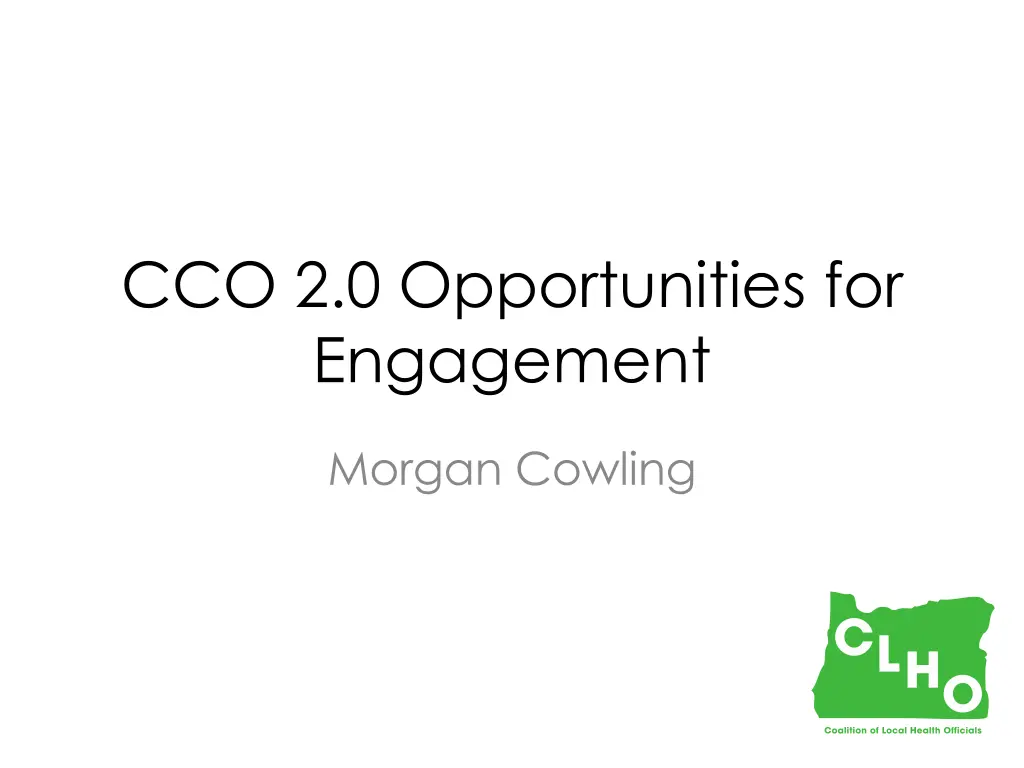
Engagement Opportunities and CCO 2.0 Overview
Explore the timeline, presentation goals, next steps, and the Straw Proposal recommendations for CCO 2.0. Learn about the selection process, implementation policies, and how to provide feedback. Stay informed about the public health initiatives and upcoming developments in Oregon's healthcare system.
Download Presentation

Please find below an Image/Link to download the presentation.
The content on the website is provided AS IS for your information and personal use only. It may not be sold, licensed, or shared on other websites without obtaining consent from the author. If you encounter any issues during the download, it is possible that the publisher has removed the file from their server.
You are allowed to download the files provided on this website for personal or commercial use, subject to the condition that they are used lawfully. All files are the property of their respective owners.
The content on the website is provided AS IS for your information and personal use only. It may not be sold, licensed, or shared on other websites without obtaining consent from the author.
E N D
Presentation Transcript
CCO 2.0 Opportunities for Engagement Morgan Cowling
Presentation Goals 1. Provide background as to the timeline for CCO 2.0 2. Outline the Straw Proposal recommendations with opportunities for public health 3. Answer questions about next steps
CCO 2.0 Timeline CCO 2.0 timeline CCOs will be selected through a Request for Application (RFA) process Only current CCOs and companies with an existing Oregon footprint can apply Considering asking applicants to apply for regions with an option for current CCOs to apply for their current service area
CCO Next Steps Receiving substantive public feedback on current draft recommendations by September 21st will allow OHA time to consider the feedback. OHA will make changes to the draft report and finalize for OHPB and public review by September 28th. OHA will share a proposed final draft by October 8th for the Board s consideration at the October 15th meeting, the final draft will be publicly available. OHPB will vote on the final draft report October 15th. After OHPB adopts recommendations, OHA will no longer be able to accept public comment on issues that directly relate to the procurement of the contracts. Procurement process & Request for Applications development begins
CCO 2.0 Straw Proposal Overview Recommended policy Overview: Policies that begin implementation in year 1 36 recs Policies that begin implementation in years 2-5 8 recs Policies not recommended at this time or for future exploration CCO 2.0 Report will include an Policy Implementation Expectations Overview and an Equity Impact Assessment
1 -Implement HB 4018 Implement HB 4018: Require CCOs to spend portion of savings on SDOH, population health policy and systems change, and health equity/ health disparities, consistent with the CCO community health improvement plan (CHIP) Intended impact: Increase strategic spending by CCOs on SDOH and health equity/ disparities. Decision- making is inclusive and consumer informed.
2- Increase Strategic Spending by CCO in Health Related Services Encouraging HRS community benefit initiatives to align with community priorities, such as those from CHA & CHIP Requiring CCOs HRS policies to include a role for the CAC in making decisions Intended Impact: Community resources are used more efficiently. Decision making is inclusive and consumer -informed
3 - Incentive Measures Encourage CCOs to share financial resources with non-clinical and public health providers Encourage adoption of SDOH, health equity and population health incentive measures for inclusion in quality pool Intended impact: Community partners are engaged and receive financial resources for their contribution
4- Strengthen CAC/ CCO partnerships Require CCOs to report on CAC demographics; year 2 CAC member representation alignment with CHP priorities Intended impact: CCO have a represented CAC. This builds trust and relationships with members. Systems are designed with the member in mind.
5- Coordinate & support CCO equity activities Require CCOs to adopt a Health Equity Plan to institutionalize organizational commitment to equity, require single point of accountability for equity; and organization-wide cultural responsiveness and implicit bias fundamentals training plan. Intended impact: Standardization of health equity infrastructure present in all CCOs.
7 Require CCOs to share how CAC connects to CCO Board - Require CCOs to share with OHA (to be shared publicly) a clear organizational structure that shows how the Community Advisory Council connects to the CCO Board. Intended impact: Transparency on fulfillment of statutory requirement
8 Shard CHA/ CHP Priorities & Strategies Require CCOs to partner with local public health authorities, non-profit hospitals and any CCO that shares a portion of its service area to develop shared CHAs and shared CHP priorities and strategies Require that CHPs address at least two State Health Improvement Plan (SHIP_ priorities, based on local need Intended impact: Improved population health outcomes through CHA CHP collaboration and investments.
Small Group Exercise 1stgroup opportunities for collaboration 2ndgroup identify potential roadblocks and solutions to colleboaration
For more information check out the draft CCO 2.0 Report https://www.oregon.gov/oha/OHPB/Pages/CCO-2-0.aspx

